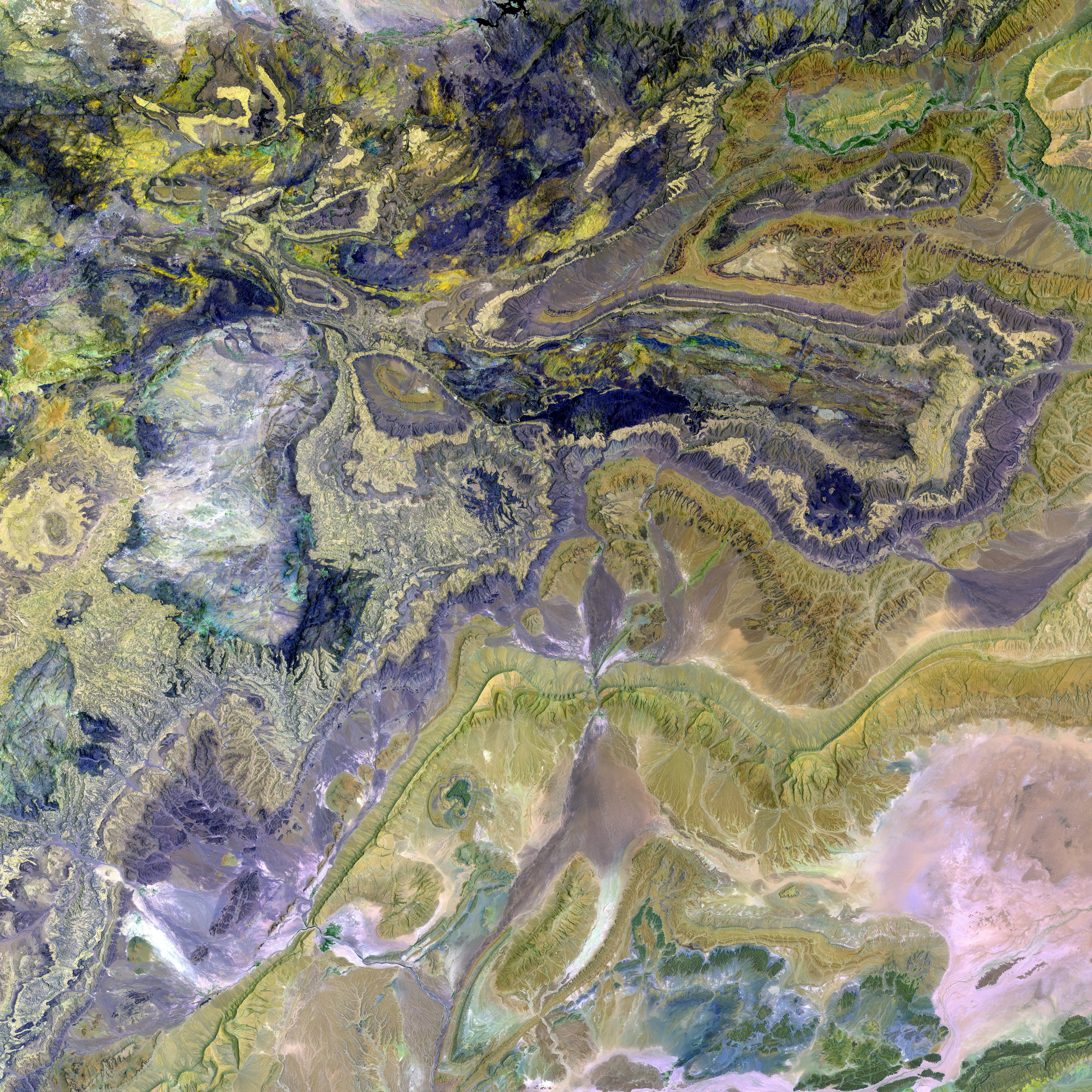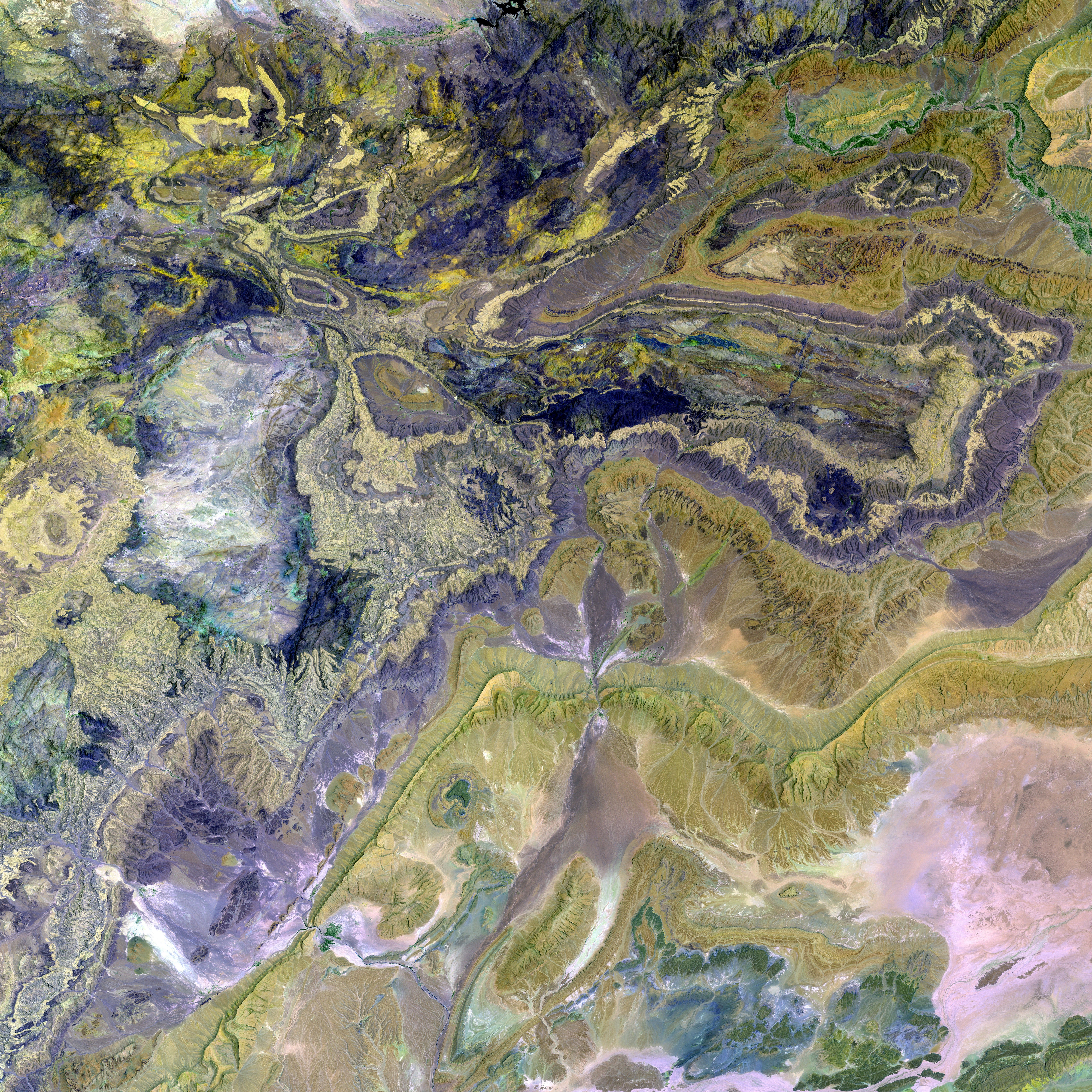Rural Cellular Infrastructure Development: Completed 768 Mobile Service Hubs to Date
Ghana's Rural Telephony and Digital Inclusion Mission Gains Momentum Despite COVID-19 Challenges
The Ghana Investment Fund for Electronic Communications (GIFEC), overseen by the Ministry of Communications and Digitalization, has constructed approximately 768 cell sites equipped with around 5,000km radios across the country since 2020. This initiative is part of the government's concerted effort to provide basic telephone voice and data connectivity to underdeveloped communities, in alignment with its digitalization strategy aimed at fostering a robust digital economy and sustainable development.
In an interview with the B&FT at Techiman, CEO of GIFEC, Prince Safah, disclosed that the organization aimed to complete over 2,000 cell sites by August 2022. However, the COVID-19 pandemic and related containment measures have slowed implementation, extending the project's completion date to August 2023. Mr. Safah attributed the delays to the pandemic's impact on global supply chains, which escalated material prices, including iron and aluminum, and disrupted procurement processes.
The rural telephony and digital inclusion project, initially launched in November 2020, is estimated to cost €155-million. To mitigate the financial challenges posed by the pandemic, GIFEC is now exploring strategic partnerships, particularly with the National Investment Bank PLC (NIB). This alliance promises to augment financial resources and technical expertise to propel the rural telephony and digital infrastructure projects in underserved regions.
While delays have been experienced, the project's progress is considered significant. According to Mr. Safah, GIFEC's pace of cell site construction has significantly increased compared to the pre-project era. By achieving the set targets, it is estimated that around three million Ghanaians will gain access to national and international communication networks, thereby bridging the digital divide, particularly in rural communities.
In the pursuit of reaching national connectivity goals, GIFEC remains undeterred by the challenges wrought by the COVID-19 pandemic. It continues to rely on innovative solutions, robust partnerships, and a focused approach to serving unserved and underserved communities. Furthermore, the organization is mindful of the need to address digital skills gaps, ensure long-term sustenance, and provide tailored assistance to vulnerable populations.
- The data-and-cloud-computing sector may see an increase in investment as a result of GIFEC's rural telephony and digital inclusion project, due to the massive growth in data that will be generated from the new cell sites.
- Despite the extension of the completion date for the project due to COVID-19 challenges, the development of approximately 2,000 cell sites is expected to significantly contribute to Ghana's economy by providing better access to finance, industry, and international markets for underdeveloped communities.
- As part of its strategic partnership with the National Investment Bank PLC (NIB), GIFEC aims to leverage technology and financial resources to address digital skills gaps and provide tailored assistance to vulnerable populations, ensuring the sustainability of the digital economy in rural areas.
- In alignment with the government's digitalization strategy, GIFEC's construction of cell sites and expansion of data connectivity are crucial for creating reports and facilitating decision-making processes in various sectors, such as finance, economy, and industry, contributing to Ghana's overall development and progress.




